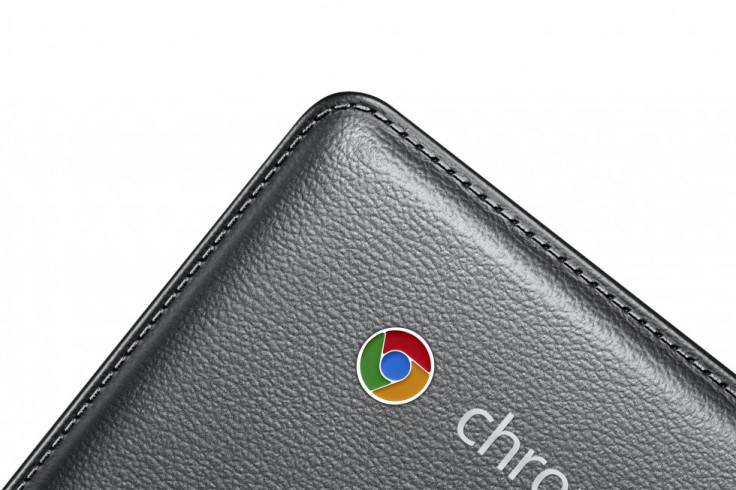Samsung: No More Laptops or Chromebooks in Europe

In yet another blow for traditional computing, Samsung has withdrawn from the European laptop market, even choosing to no longer sell its Chromebook device.
PC Advisor has confirmed that Samsung, one of the few true titans of commercial technology, could no longer stomach the freefalling sales of the European PC market.
Ativ Windows and Chromebooks will no longer be sold in Europe.
With fellow tech giant Sony earlier this year divesting itself of personal computing brand Vaio, the market is ever-shrinking. Unlike Sony, however, Samsung has strong smartphone sales to compensate.
The South Korean company's laptop withdrawal has been on the cards since IFA 2014 in Berlin, where it failed to debut a new PC device. Its latest releases were the Ativ Book 9 Plus and Lite.
A Samsung spokesperson said: "We quickly adapt to market needs and demands. In Europe, we will be discontinuing sales of laptops including Chromebooks for now. This is specific to the region – and is not necessarily reflective of conditions in other markets."
When Sony cut that division, many jobs were lost – an estimated 5,000.
Samsung have not yet indicated whether to expect job losses. They also might only be backing off laptops temporarily.
The spokesman said: "We will continue to thoroughly evaluate market conditions and will make further adjustments to maintain our competitiveness in emerging PC categories."
The combination of tablets and smartphones hit the laptop market badly, and although analysts expect the decline to even out it will never be what it was jut a few years ago.
Samsung, like Sony, struggled to impose itself in a laptop market dominated alternately by small, super cheap ones and the MacBooks that control 90% of sales of top-tier laptops. This predicament is particularly pronounced in Europe.
It makes sense for Samsung to redouble its efforts to sustain the popularity of its Android phones, especially in the wake of iPhone 6.
Laptops and PCs will still be around for a while, but the companies with which we've grown familiar are one by one choosing different technologies to pursue.
© Copyright IBTimes 2024. All rights reserved.





